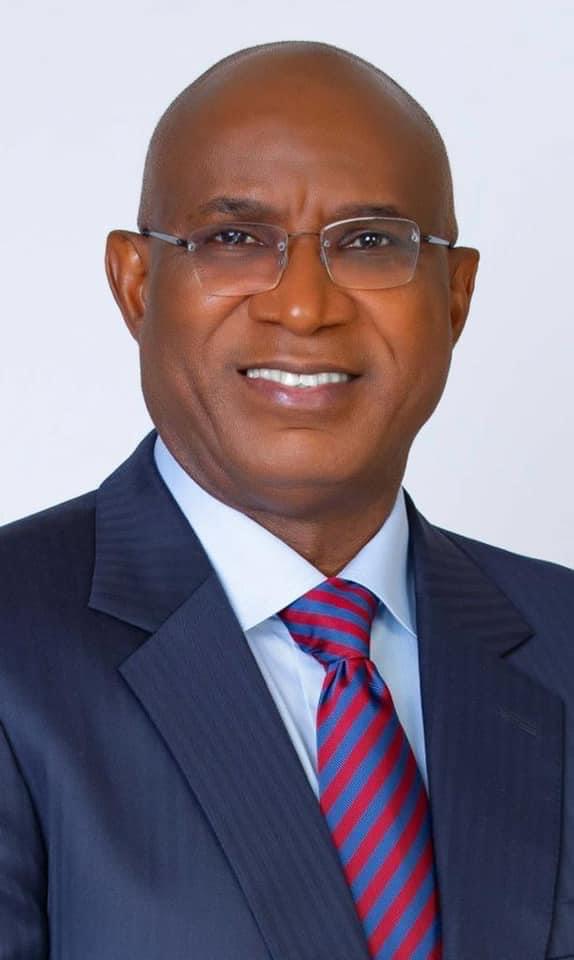
Human rights are rights which all persons are entitled to have, regardless of their race, sex, nationality, ethnicity, language, religion or other status. A patient is anyone requiring health services for the purpose of maintaining, protecting or improving his or her health.
Therefore, the law protects those receiving medical care and ensure that their rights to adequate and quality care, autonomy, consent, information and confidentiality are respected. The level of adherence to these rights is a determinant of the attainment of the recommended standard of health.
Whenever medical practitioners undertake to treat a patient, a duty of care automatically arises regardless of whether or not there was an agreement to that effect. Apart from legal practitioners other health care providers including nurses, laboratory scientist, radiologist, pharmacists and dentists are to protect the rights of all persons who approach their facilities for care.
The patient has the right to considerate and respectful care, delivered in response to a request for services and in a manner that provides continuity of care. In Nigeria, patients have rights which are expected to be respected by physicians and other health care providers that attend to them.
However patients are often denied their rights, which has led to worsened conditions, disabilities and preventable deaths. Just like the case of a student who was admitted in the health care facility of Delta State University, but later lost his life due to negligence of staffs and poor healthcare system in Nigeria. A similar case also occurred in Benson Idahosa University.
The protection of patients translates to the provision of quality and affordable health care for Nigerians which is essential to achieving the Sustainable Development Goals (SDGs) which were established by the United Nations member states in 2015. The patients Bill of Rights (PBoR) which was developed by the Consumer Protection Council (CPC) and other stakeholders including the Federal Ministry of Health for the protection of consumers, which is contained in a single document to facilitate the knowledge and compliance of these stakeholders.
This study highlights the rights protected in the Bill, as well as the challenges encountered in a bid to protect the rights of the patients.
The Nigerian healthcare system consists of these levels, that is, the primary, secondary and tertiary levels. Primary health care emphasizes the principles of disease prevention, community participation and health promotion and serves as the foundation to the advancement of health in Nigeria. The secondary health care system in Nigeria comprises general and state hospitals, as well as private secondary facilities. Secondary health care focuses on providing in-patient specialist treatment and support to those who have been referred from primary health care.
The Tertiary health care is the highest level of health care service available in Nigeria. It is the highest form of specialized medical care in Nigeria.
Patients with complicated and more severe health issues are usually referred to tertiary health care facilities by primary and secondary health care systems. The sort of care provided in tertiary health care systems is mostly performed by medical professionals with expertise and more specialized state-of-art equipment.
Over the years, laws have been made to regulate the intricacies of health profession, protect the rights of patients and ensures that lives are not lost by persons who have been trained to save these lives. However, despite the enactment of these laws, the health system in Nigeria still has several challenges. Health indicators are low and do not meet up with the performance of other African countries with comparable economies.
A lot of Nigerians have lost faith in the country’s health care system and 90 percent of the respondents in a 2016 study conducted by Price Waterhouse Coopers (PWC) were of the opinion that the quality of the health care in Nigeria is very low. People who can afford the expenses, travel to other countries to seek medical attention for advanced diseases, so as to have access to faster treatment and cutting-edge technologies and equipment.
The Patient’s Bill of Rights is a compilation of rights of the citizens of a country so as to prevent the violation of these rights. Essentially a Patients Bill of Rights is a declaration of the various rights which are bestowed on patients or users of health care services to prevent them from wrongful treatment while receiving medical care. Health care providers have the duty to respect all rights accruing to patients. The PBoR contains 12 rights which are;
1, Right to information.
2, Right of access to medical records and available service.
3, Right to transparent billing and full disclosure of cost.
4, Right to Privacy and confidentiality.
5, Right to clean, safe and secure health care environment.
6, Right to be treated with dignity and respect.
7, Right to emergency care.
8, Right to visitation.
9, Right to decline care.
10, Right to quality health care.
11, Right to make complaint.
12, Right to decline to participate in medical research, experimental procedure or clinical trials.
Despite the existing laws protecting patients rights in Nigeria and the launching of the PBoR, the rate of violation of patients rights in the country is alarming. Issues that have led to countinued violation of these rights Include the following amongst others;
1, Weak enforcement of patients rights.
2, Inadequate health care infrastructure.
3, Insufficient health care providers.
4, Lack of awareness.
5, Inadequate and insufficient funding.
6, Illiteracy.
7, Socio- cultural and religious disposition.
In order to efficiently achieve the practical implementation, protection and enforcement of patients rights, the following solutions are offered;
1, Judicial reforms.
2, Improving the health system workforce.
3, Adequate funding of the health sector.
4, Public enlightenment and awareness.
5, Provision of adequate infrastructure.
In conclusion, the rights of patients are vital to the quality of their lives and well being. Section 33 of the constitution of the federal republic of Nigeria provides for the Right to Life of a citizen and violation of these rights has led to serious complications, deaths, and a decline in the health sector of Nigeria. Thus, the provision of adequate funding, human resources, technological equipment, as well as proper enlightenment on these rights by both patients and healthcare practitioners are important in ensuring that the lives of patients are not endangered in their vulnerable conditions







